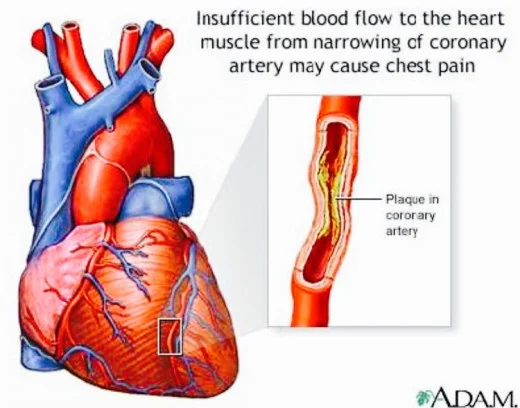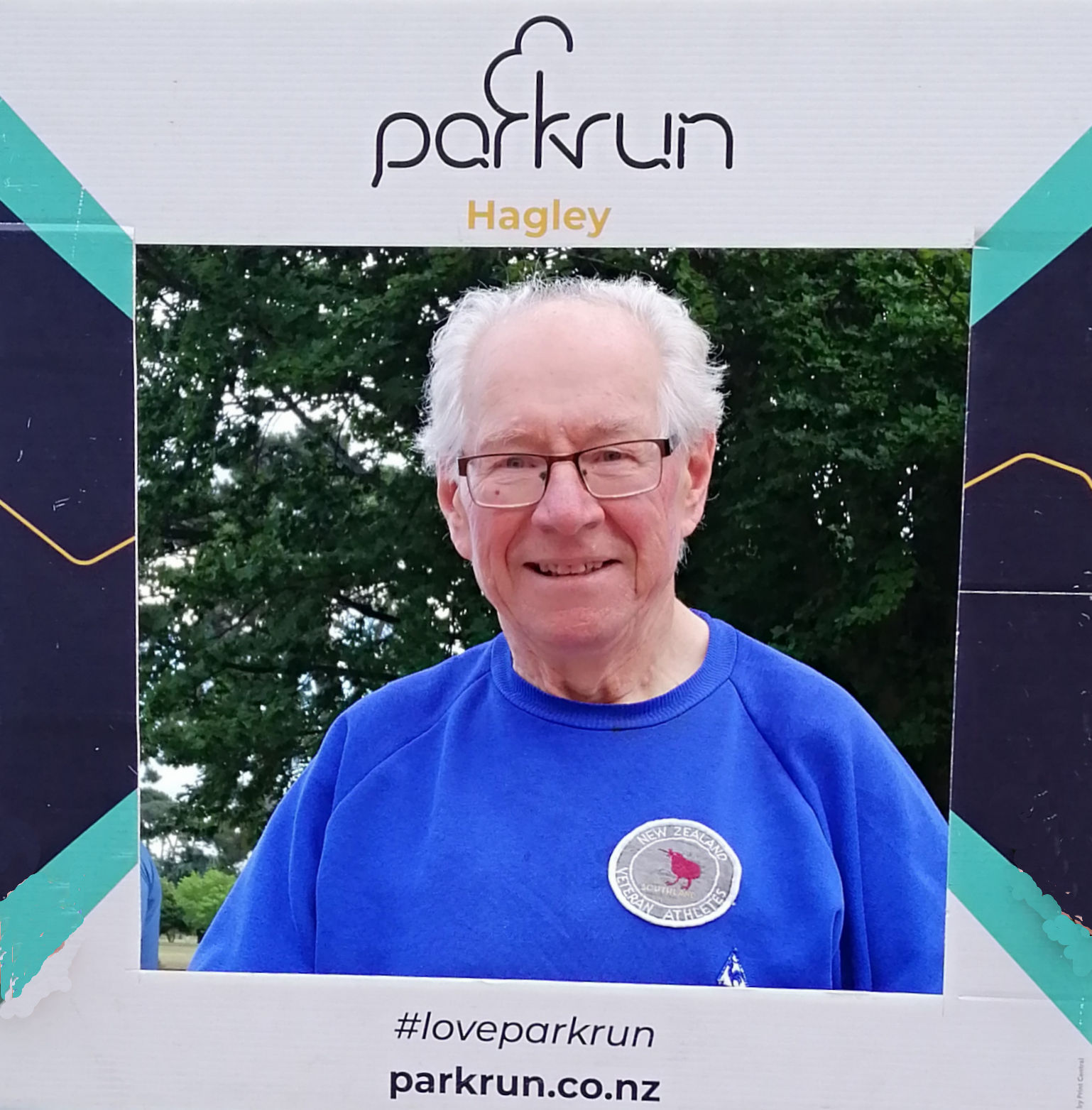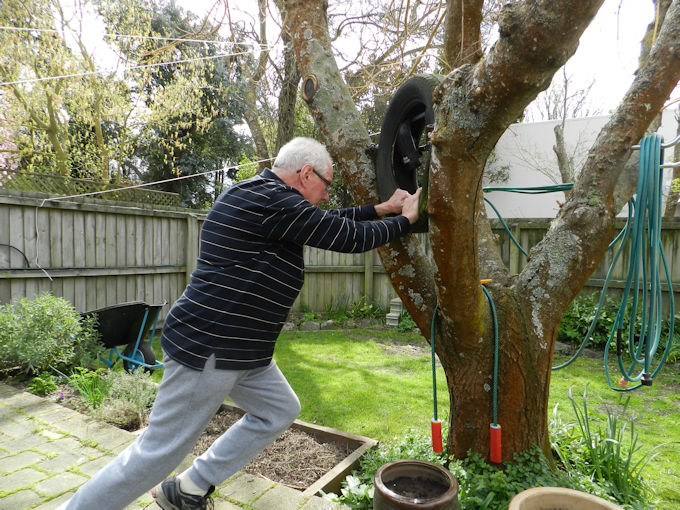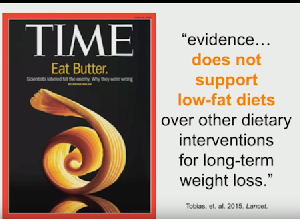Mindblown: a blog about philosophy.
-

to the Journal of Primary Health Care
This is an Open Letter to the editor of the Journal of Primary Health Care. New Zealand’s slow uptake of carbohydrate-reduction in type 2 diabetes management by Marcus Hawkins GP at the Botany Doctor Medical Practice, and Caryn Zinn from the School of Sport & Recreation, Behavioural Nutrition and Physical Activity, Auckland University of Technology Submitted:…
-

An Uncertain Future
After an unexpected heart attack, I’m faced with a few new issues that I don’t yet understand. The future is less certain than it once appeared to be.
-

Five Kilometers Under Sixty Minutes.
To walk five kilometres in sixty minutes is a worthwhile and achievable goal for almost everyone. But if that seems a long way off today, the important thing is to START, working towards that objective. The graph above from the Dunedin Study shows that at age 38, people tended to be older than their biological…
-

This is your Life; Your Choice
In a long life many things can happen, but seldom is it the case that events, or plain bad luck make a substantial difference to how one’s life turns out. In Open Future Health, we argue that too many people lose 10 or 15 years of healthy life because they make poor lifestyle choices. Good…
-

Horray for Parkrun
Parkrun is now available in 22 countries worldwide. Started in the UK 20 years ago, it’s become a wonderful opportunity for families, for the socially isolated, for the fit and the unfit, for many volunteers and supporters to share an hour on Saturday morning. A global charity, parkrun’s mission is to improve health and wellbeing,…
-

Reversing Type II Diabetes
There are three ways to reverse Type II Diabetes, bariatric surgery, a very low calory diet or a very low carbohydrate diet. Open Future Health has always considered the late Dr Sarah Hallberg the expert on this topic and her page in the expertise section of this website is here. There are three ways to…
-

Time to Catch Up
“In view of the rapid growth of evidence around carbohydrate restriction and Type II Diabetes, and the global guideline adoption, we simply ask why NZ is not at least including a carbohydrate restriction approach in its guidelines, alongside other dietary approaches, to manage Type II Diabetes.” We now call upon NZ to catch up and…
-

Dr David Unwin
“British general practitioner, Dr David Unwin used carbohydrate reduction to reverse/remit T2DM; of 199 patients with T2DM, 46% achieved drug-free remission, with enormous cost savings from reduced diabetes medication.” What predicts drug-free type 2 diabetes remission? Insights from an 8-year general practice service evaluation of a lower carbohydrate diet with weight loss. BMJ Nutr Prev…
-

Clinical trials
“This is surprising, as clinical trials and primary care practice data report beneficial and sustained results from carbohydrate reduction. (7,8) Virta Health, a US-based research entity has shown carbohydrate reduction to be safe in prediabetes/T2DM. Their 5-year data concluded their model of care showed excellent retention, sustained clinically significant weight loss, stable glycaemic control and less…
-

NZ Ministry of Health
“New Zealand (NZ) does not endorse carbohydrate reduction as a viable option for individuals, but rather cautions against it. The NZ Society for the Study of Diabetes states in their guidelines ‘meta-analyses show that the benefits of ketogenic diets are unlikely to be sustained’ (5,6) and the Ministry of Health states ‘Very low carbohydrate diets: Not…
-

Diabetes Australia
“Diabetes Australia states: ‘For people with type 2 diabetes, there is reliable evidence that lower carb eating can be safe and useful in lowering average blood glucose levels in the short term (up to 6 months). It can also help reduce body weight and help manage heart disease risk factors such as raised cholesterol and raised…
-

American Diabetes Association
“An ADA 2019 consensus report concluded: ‘reducing overall carbohydrate intake for individuals with diabetes has demonstrated the most evidence for improving glycemia and may be applied in a variety of eating patterns that meet individual needs and preferences’. This report was included in the 2020 ADA Standards of Medical Care in Diabetes update. (3) “ (3)…
Do you have any recommendations?

